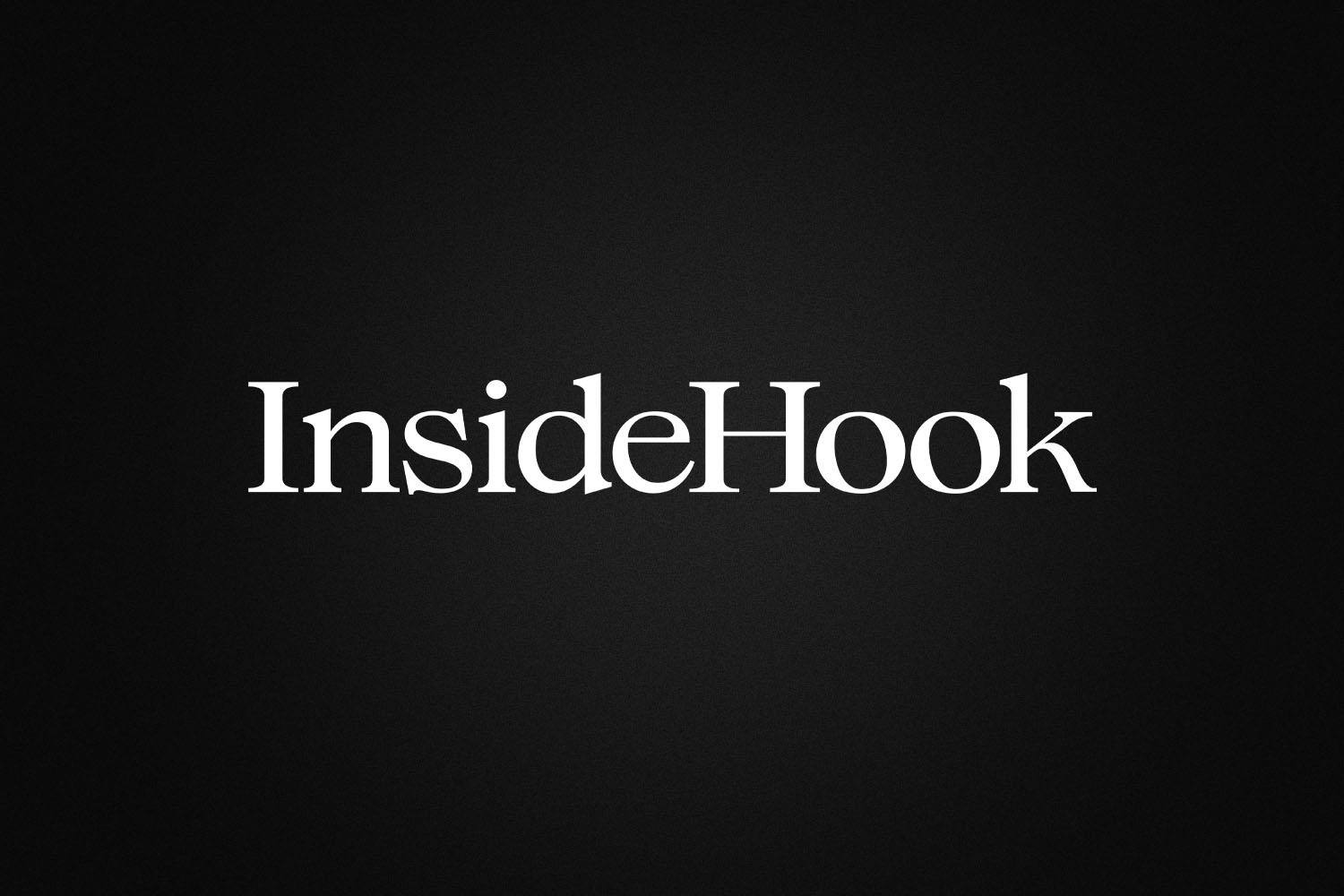If you love cocktails, Chicago’s been good to you of late.
Exhibit A: The Sixth, that buzzy new cocktail lounge in Lincoln Square.
Cocktail greatness aside, they’ve also got a few bones in the closet. Very old, delicious bones. Talking spirits older than grandpap himself.
Our guide on this journey into the dusty annals of American boozemaking? Beverage director Ben Schiller, who stacks bottles you could trade for a mortgage payment on the pine in front of us. A 1974 Weller. A 1940s Old Overholt Rye. A jug of 1946 Old Grand-Dad followed by a bottle from ‘72. ‘76. A few from the ‘80s and ‘90s.
Then it gets kooky.
He puts down a ceramic decanter that looks like a statuette of Gandalf. It’s a rare 1977 Old Rip Van Winkle, he tells us. Yes, that Van Winkle. “This juice,” he taps on Gandalf’s removable cap, “the more decisive hangover I’ve had in recent memory.”
The Sixth is a cocktail lounge with a serious bar program. Here, you order elaborate cocktails served with roses frozen in blocks of ice (the Doris), or mezcal drinks prepared in glasses atop terrariums steeped in pine and cedar smoke (the Spaceman Spiff).
But beyond their wink-and-nod cocktail creations is something simpler and older: a deep list of antique spirits, with many an original wax seal unbroken. “Dusties,” as Schiller calls them.
Vintage hooch is not for everybody. It’s an expensive and acquired taste. “There’s a huge appreciation beyond scarcity,” Schiller explains. “You’re drinking something you won’t drink again for a lot of reasons. The wood, grain and air is different; these are impossible to replicate. It’s a window in time we’ll never get back.”
The first order of business when getting into vintage bottles: know your (drunk) history. Recipes are not static. Labels come and go. Distilleries change. Lineages break. Take Old Grand-Dad, a brand distilled and bottled by National Distillers before being acquired by Jim Beam in 1987.
“There’s some detective work involved,” Schiller tells us.
Which is why we went ahead and investigated for you, by asking Schiller for the lowdown on his five favorite vintage bottles, all available right now at the Sixth for your tippling pleasure.
1977 Old Rip Van Winkle
Price: $150/2-oz. pour
Distillery: Stitzel-Weller
The history of Pappy Van Winkle and the Stitzel-Weller distillery is well-documented. Before Pappy, though, there was Old Rip Van Winkle. The year places it, so you know this batch was actually overseen by the Van Winkle family. Soft, creamy flavor profile and a distinct wheatiness.
Regarding the bottle: “People forget bourbon was out-of-fashion from the late ‘60s to the ‘80s,” Schiller says. “So during this time distilleries found creative and inventive ways to sell bourbon: crazy decanters and special limited edition bottles.”
1972 Old Fitzgerald 1849
Price: $200/2-oz. pour
Distillery: Stitzel-Weller
“The crème de la crème of Stitzel-Weller’s original wheated bourbons.” Back in ‘72, Old Fitz was Stitzel-Weller’s flagship whiskey label. This particular year hits your palate with lots of vanilla and hazelnut, then rounds things out with leather and cream. Heaven Hill acquired the brand in 1999.
1942 Mount Vernon Rye
Price: $200/2-oz. pour
Distillery: National Distillers
A four-year-old expression distilled in 1938 and bottled in 1942, this Mount Vernon Rye is Schiller’s favorite. “Older ryes really have a velvet fist,” Schiller says. “The structure is there, but you get more body and nuance.”
1940 Old Grand-Dad
Price: $175/2-oz. pour
Distillery: National Distillers
To Chicagoans, Old Grand-Dad doesn’t need an introduction, but the Old Grand-Dad of yesteryear might. The Old Grand-Dad you see in stores today is distilled and bottled by Jim Beam. Nothing wrong with that, just different.
Schiller encourages drinkers to go side-by-side with a current bottle. What you’ll taste in this 1940 bottle is a spicier kick and smoother finish than its present-day counterpart. “It filled my grandfather’s drink,” Schiller adds, “and he’s the toughest guy I knew.”
1980s Eagle Rare
Price: $100/2-oz. pour
Distillery: Old Apprentice Distillery
Schiller explains the lineage of this bottle: “Eagle Rare is now a product being distilled by Buffalo Trace. This 1980s Eagle Rare was bottled at a distillery called Old Apprentice, which now goes by the name Four Roses.” Its flavor profile is not as confusing as its lineage, promise. In-your-face-spiciness. Black pepper. Assertive with a rich body.
This article was featured in the InsideHook Chicago newsletter. Sign up now for more from the Windy City.
